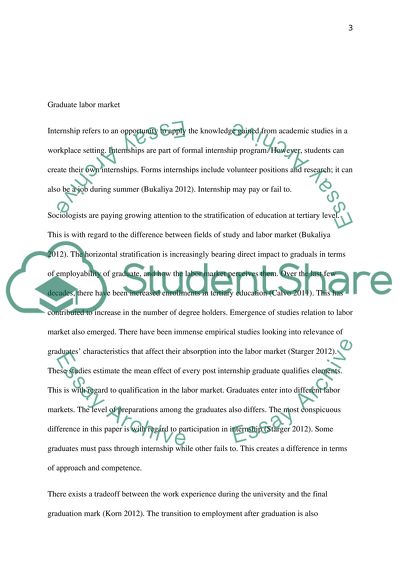Cite this document
(The Impact of Internship on Graduate Employability Essay, n.d.)
The Impact of Internship on Graduate Employability Essay. https://studentshare.org/education/1605765-the-impact-of-internship-on-graduate-employability
The Impact of Internship on Graduate Employability Essay. https://studentshare.org/education/1605765-the-impact-of-internship-on-graduate-employability
(The Impact of Internship on Graduate Employability Essay)
The Impact of Internship on Graduate Employability Essay. https://studentshare.org/education/1605765-the-impact-of-internship-on-graduate-employability.
The Impact of Internship on Graduate Employability Essay. https://studentshare.org/education/1605765-the-impact-of-internship-on-graduate-employability.
“The Impact of Internship on Graduate Employability Essay”. https://studentshare.org/education/1605765-the-impact-of-internship-on-graduate-employability.


